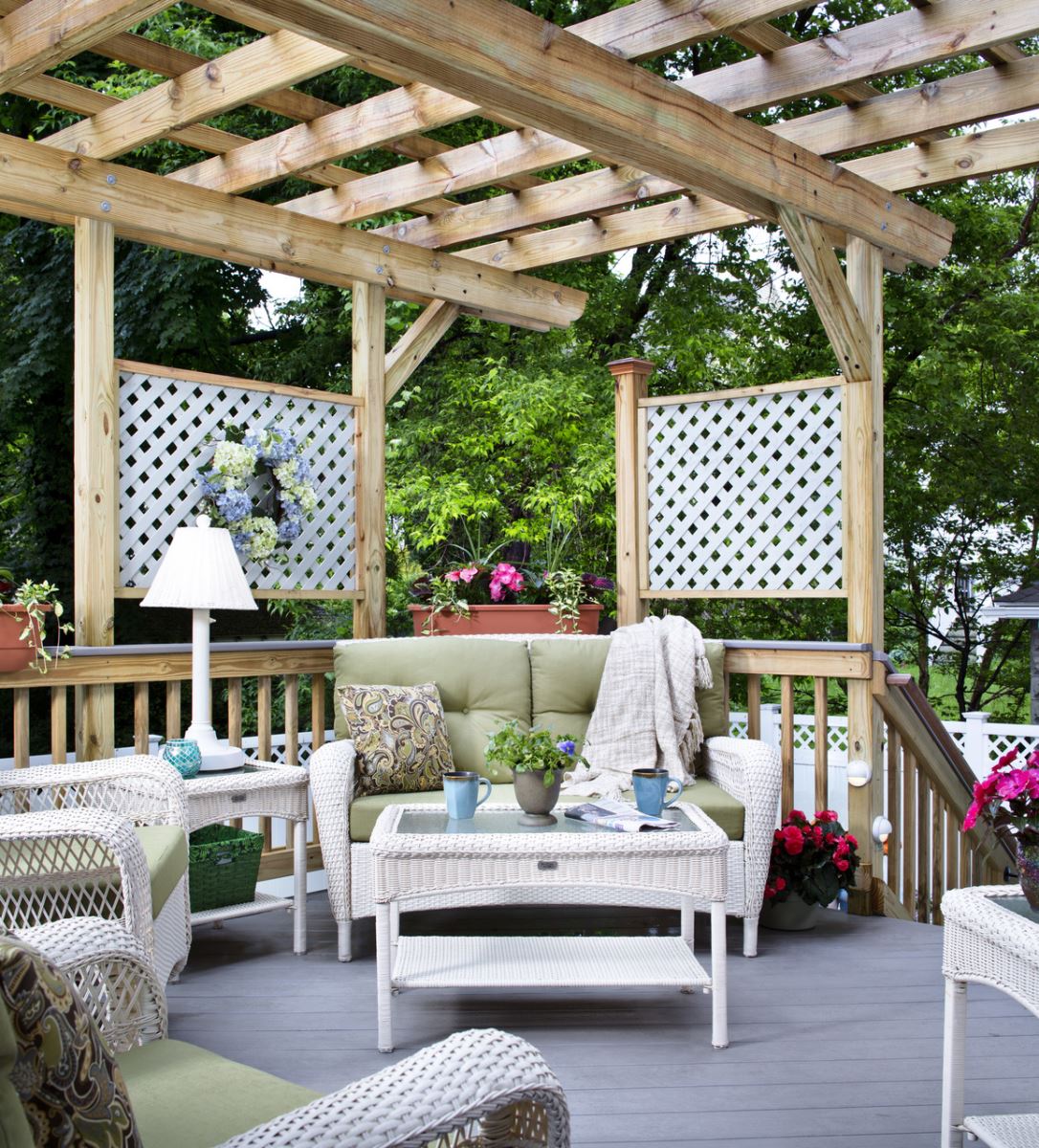Pet Summertime Safety

When we’re enjoying the warm weather, our pets usually are, too. When we’re spending time outdoors with family and friends, we usually include our pets. Keeping our furry family members safe should always be a priority, and these tips may be a refresher course for some, but it never hurts to make sure all our loved ones are kept out of harm’s way.
In the Backyard
-
- Fencing should be examined to make sure there are no gaps at the bottom, and that all materials are in place and secure. You don’t want Fluffy taking a neighborhood excursion by himself.
-
- The garden and landscaping bring us great satisfaction, and animals like to take a bite of growing things occasionally. Check these lists for cats and dogs from ASPCA to make sure you keep your pets from chewing on them.
-
- Keep any swimming pool chemicals and mechanical lawn tools sealed and out of your pets’ way. Some of these products have a scent that is enticing to animals, and they wouldn’t hesitate to give them a try.
-
- It may sound sensational, but if you have an animal that is a toy breed, or weighs five pounds or less, keep an eye and ear out for any predatory birds. Owls, hawks, and eagles have been known to attack small pets, mistaking them for a wild meal.
-
- Sometimes it’s necessary to leave your dog or cat outside while you’re gone for a while. Make sure they have adequate shelter to keep them cool, and plenty of cool water to prevent heat stroke or dehydration.
-
- Allowing your cat to roam in the yard is great for them, as they are natural hunters, and they find great pleasure in all the sights and sounds. Keep an eye on them in case they see a bird they’d like to get to know better, or find a snake in the flower bed. Protecting wildlife and your feline friend go hand-in-hand.
Out and About
-
- Does your dog go with you for exercise while you’re biking or jogging? Some active pet owners take a water bowl with them, so they can offer a cool drink to their pet, and you can train them to drink directly from the bottle using an adaptor created especially for dogs.
-
- Going fishing or water skiing? Make sure you have a life jacket for them, as well as an overboard plan. If you think Fido would enjoy jumping into the water, maybe you should leave them at home or at the kennel for their safety as well as your own.
-
- vetSTREET offers some great tips for taking your dog to the beach. Heat, waves, and hot sand can all play a role in just how much fun everyone will have--or not.
-
- It’s vacation time, and you’d like to bring your pet with you, so call ahead for information on pet-friendly lodging, and where they can stay for events where pets aren’t welcome. Make sure you have a vehicle safety harness or seat belt for them or their carrier while you’re traveling.
Summertime brings water fun, cookouts, and don’t forget the insects! Keep your pets safe from biting insects, and be sure they get a flea and tick repellent treatment and heartworm prevention to avoid any diseases these insects can cause down the road. Pets need to be kept as safe as small children, so take preventive measures so you can have a fun and healthy Summer with the whole family.
Courtesy of New Castle County DE Realtors Tucker Robbins and Carol Arnott Robbins.
Photo credit: Pets Animal Hospital


.jpg)










